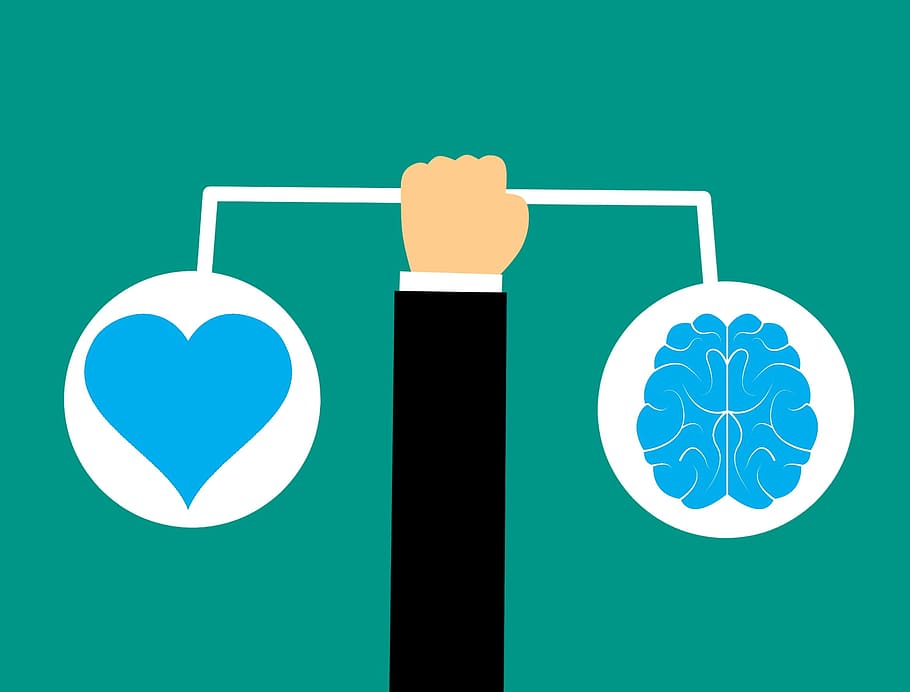
FAQ About Basics of Emotional Intelligence
Basics of Emotional Intelligence
2 years ago | gizem
How does emotional intelligence impact leadership?
Emotional intelligence (EI) has a significant impact on leadership effectiveness. Here are some ways in which EI influences leadership:
- Self-Awareness: Leaders with high EI have a strong sense of self-awareness. They understand their own emotions, strengths, weaknesses, and values. This self-awareness enables them to lead with authenticity, make informed decisions, and align their actions with their values.
- Empathy and Relationship Building: Leaders with high EI demonstrate empathy towards others. They can understand and relate to the emotions and experiences of their team members. This empathy fosters trust, creates a positive work environment, and enhances collaboration and teamwork.
- Effective Communication: Leaders with high EI possess strong communication skills. They are skilled at expressing themselves clearly and listening attentively to others. They adapt their communication style to meet the needs of different individuals and situations. Effective communication enhances understanding, resolves conflicts, and builds strong relationships.
- Conflict Resolution: High EI leaders are skilled at managing conflicts and resolving disagreements. They approach conflicts with empathy, actively listen to differing perspectives, and seek win-win solutions. Their ability to regulate their emotions and remain calm under pressure contributes to constructive conflict resolution.
- Inspirational Leadership: Leaders with high EI inspire and motivate others. They understand the emotional needs and motivations of their team members and can connect with them on a deeper level. They create a vision, set clear goals, and communicate them effectively, motivating their team to achieve their best performance.
- Adaptability and Resilience: High EI leaders are adaptable and resilient in the face of change and challenges. They can navigate uncertainty and guide their team through transitions effectively. They manage their own emotions and help others navigate their emotions during challenging times, promoting resilience and maintaining a positive work climate.
- Decision-Making: Leaders with high EI consider both rationality and emotions in their decision-making process. They understand the impact of emotions on individuals and take them into account when making choices. Their ability to balance logical reasoning with emotional considerations leads to more well-rounded and inclusive decision-making.
- Building a Positive Culture: High EI leaders create a positive organizational culture. They promote open communication, trust, and psychological safety within the team. Their ability to understand and respond to the emotional needs of team members fosters a supportive and engaged work environment.
